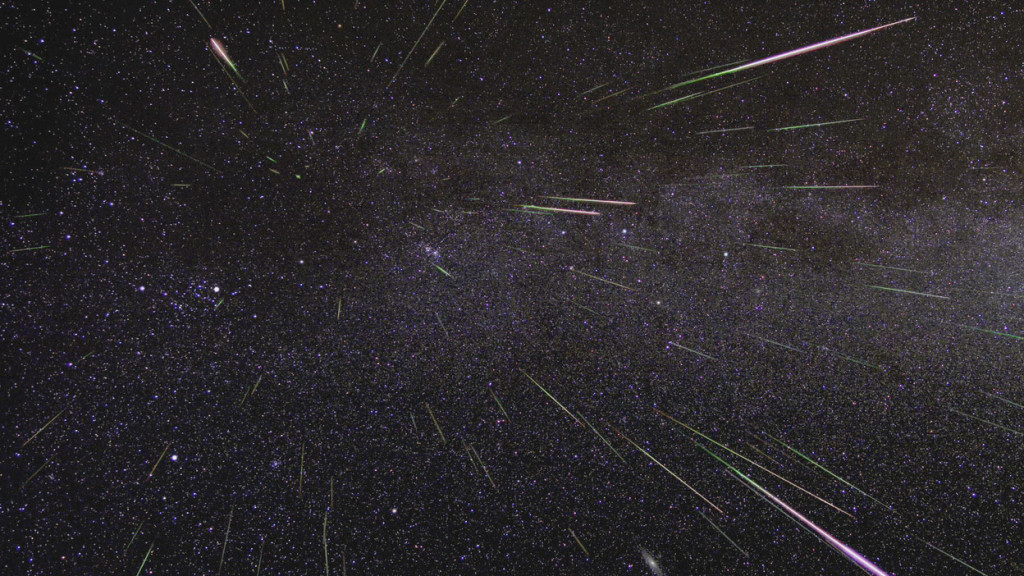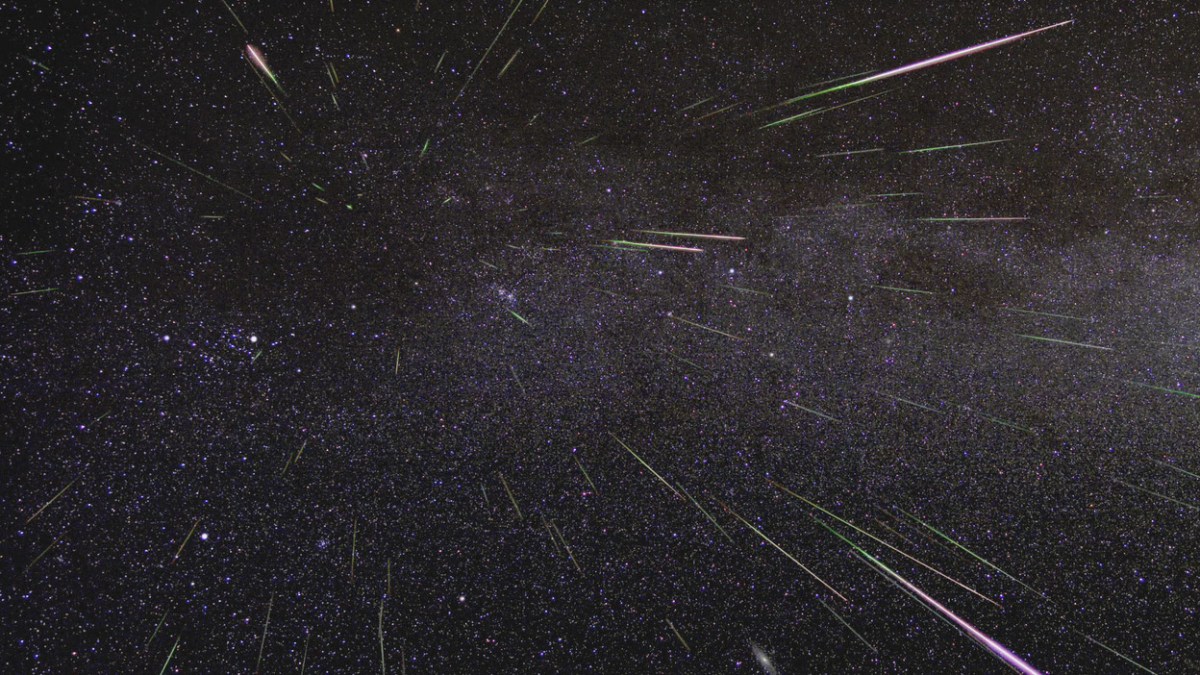Make plans now to stay up late or set the alarm early next week to see a cosmic display of “shooting stars” light up the night sky. Known for it’s fast and bright meteors, the annual Perseid meteor shower is anticipated to be one of the best potential meteor viewing opportunities this year.
The Perseids show up every year in August when Earth ventures through trails of debris left behind by an ancient comet. This year, Earth may be in for a closer encounter than usual with the comet trails that result in meteor shower, setting the stage for a spectacular display.
“Forecasters are predicting a Perseid outburst this year with double normal rates on the night of Aug. 11-12,” said Bill Cooke with NASA’s Meteoroid Environments Office in Huntsville, Alabama. “Under perfect conditions, rates could soar to 200 meteors per hour.”
An outburst is a meteor shower with more meteors than usual. The last Perseid outburst occurred in 2009.
How to Watch the Perseids
The best way to see the Perseids is to go outside between midnight and dawn on the morning of Aug. 12. Allow about 45 minutes for your eyes to adjust to the dark. Lie on your back and look straight up. Increased activity may also be seen on Aug. 12-13.
For stargazers experiencing cloudy or light-polluted skies, a live broadcast of the Perseid meteor shower will be available via Ustream overnight on Aug. 11-12 and Aug. 13-14, beginning at 10 p.m. EDT.
Read more about the Perseids here.

Credits: NASA/JPL

